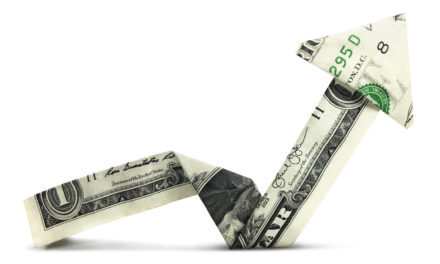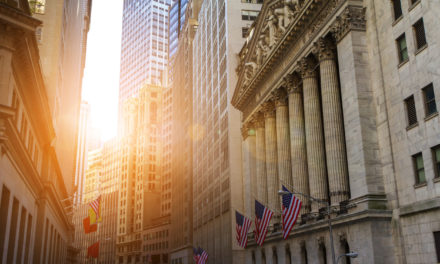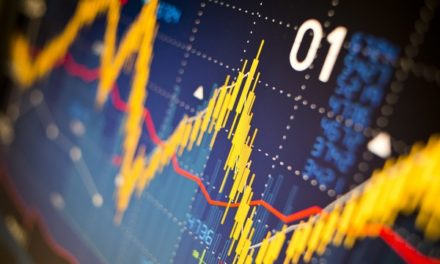
“I buy on the assumption that they could close the market the next day and not reopen it for five years.”
— Warren Buffett
The Warren Buffett investment philosophy calls for a long-term investment horizon, where a five year holding period, or even longer, would fit right into the strategy. How would such a strategy have worked out for an investment into PepsiCo Inc (NASD: PEP)? Today, we examine the outcome of a five year investment into the stock back in 2020.
| Start date: | 01/06/2020 |
|
|||
| End date: | 01/03/2025 | ||||
| Start price/share: | $136.15 | ||||
| End price/share: | $149.65 | ||||
| Starting shares: | 73.45 | ||||
| Ending shares: | 84.80 | ||||
| Dividends reinvested/share: | $23.07 | ||||
| Total return: | 26.91% | ||||
| Average annual return: | 4.88% | ||||
| Starting investment: | $10,000.00 | ||||
| Ending investment: | $12,688.40 | ||||
As shown above, the five year investment result worked out as follows, with an annualized rate of return of 4.88%. This would have turned a $10K investment made 5 years ago into $12,688.40 today (as of 01/03/2025). On a total return basis, that’s a result of 26.91% (something to think about: how might PEP shares perform over the next 5 years?). [These numbers were computed with the Dividend Channel DRIP Returns Calculator.]
Beyond share price change, another component of PEP’s total return these past 5 years has been the payment by PepsiCo Inc of $23.07/share in dividends to shareholders. Automatic reinvestment of dividends can be a wonderful way to compound returns, and for the above calculations we presume that dividends are reinvested into additional shares of stock. (For the purpose of these calcuations, the closing price on ex-date is used).
Based upon the most recent annualized dividend rate of 5.42/share, we calculate that PEP has a current yield of approximately 3.62%. Another interesting datapoint we can examine is ‘yield on cost’ — in other words, we can express the current annualized dividend of 5.42 against the original $136.15/share purchase price. This works out to a yield on cost of 2.66%.
More investment wisdom to ponder:
“An investment in knowledge pays the best interest.” — Benjamin Franklin




